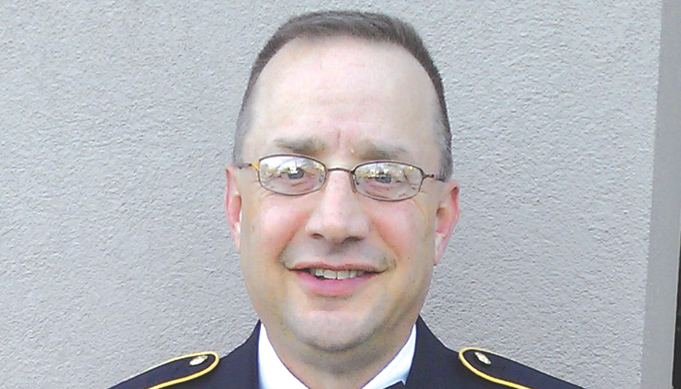
By Steven Sibley, MBA/Healthcare Administration
On August 1st, 2021 I turned 65. Like every American, I needed to make a decision about Medicare. Timeline for that decision is 3 months before the month of your 65th birthday, through the 3 months after your birth month. Fortunately, my wife and I are Medicare agents, so I was well prepared for this decision. Unfortunately, most veterans, whether on Tricare, VA care or both are not. It’s training we never really received. I know, I was in the military for 36 years, 15 Active and 21 Reserve and served in both the Air Force and Army. I retired from the Active Reserve at age 61. During my last two years of service, I attended multiple Transition Assistance courses on retiring from Active Duty and the Reserve. You can leave the service and still not know how the healthcare really works, whether you only did 4 years or 20, and you certainly won’t remember by the time you turn 65.
You see, they really don’t teach you enough about this process while you are in the service. For me, the education came after I retired and decided on a career as a Medicare agent. Now, I want to share that information with every veteran I know who has Tricare, VA care or both, who is qualified for Medicare. In my case, I have the ultimate in health care coverage. I retired in September of 2017 with Tricare Prime and eventually a 100% VA disability rating. In addition, I am married to a healthcare provider. That being said, at age 65, Tricare changes. (story continues below)

If you are a retired veteran, under the age of 65, you typically have Tricare, the health care program for uniformed service members, retirees, and their families around the world. It provides comprehensive coverage to all beneficiaries, including: Health plans, Prescriptions and Dental plans and it’s managed by the Defense Health Agency. When you turn 65, this changes to Tricare for Life (TFL). TFL combines Original Medicare Part A, Hospitalization (inpatient) coverage, Medicare Part B, Primary Care (outpatient) coverage which essentially only covers about 80% of the cost of your care, with TFL provided as a zero premium “wrap around” coverage for the 20% of non-covered Medicare benefits plus Prescription Drug coverage. Also, TFL is administered by Wisconsin Physicians Service (WPS) not the government.
Here is the point of my message, Veterans can miss out on additional benefits because they are unaware of their eligibility for Medicare Advantage (MA) plans or Medicare Part C. These plans work with TFL to provide even more benefits than Original Medicare, which may include vision and dental, that TFL clients must pay for in addition to their TFL plan. These MA plans may also include Medicare Part B premium reductions, and additional wellness benefits like gym memberships and over-the-counter (OTC) benefits. If you are on or going to become eligible for TFL, you need to learn about these plans, so please call me.
If you have VA care, regardless of your rating, you too can benefit from a Part C plan because of the additional benefits they may offer which are not covered by Original Medicare or the VA.
Call us at Sibley Insures and get the training and information you need to make a better more affordable decision about your healthcare when you get on Medicare. Sibleyinsures.com, 405-850-1569.













